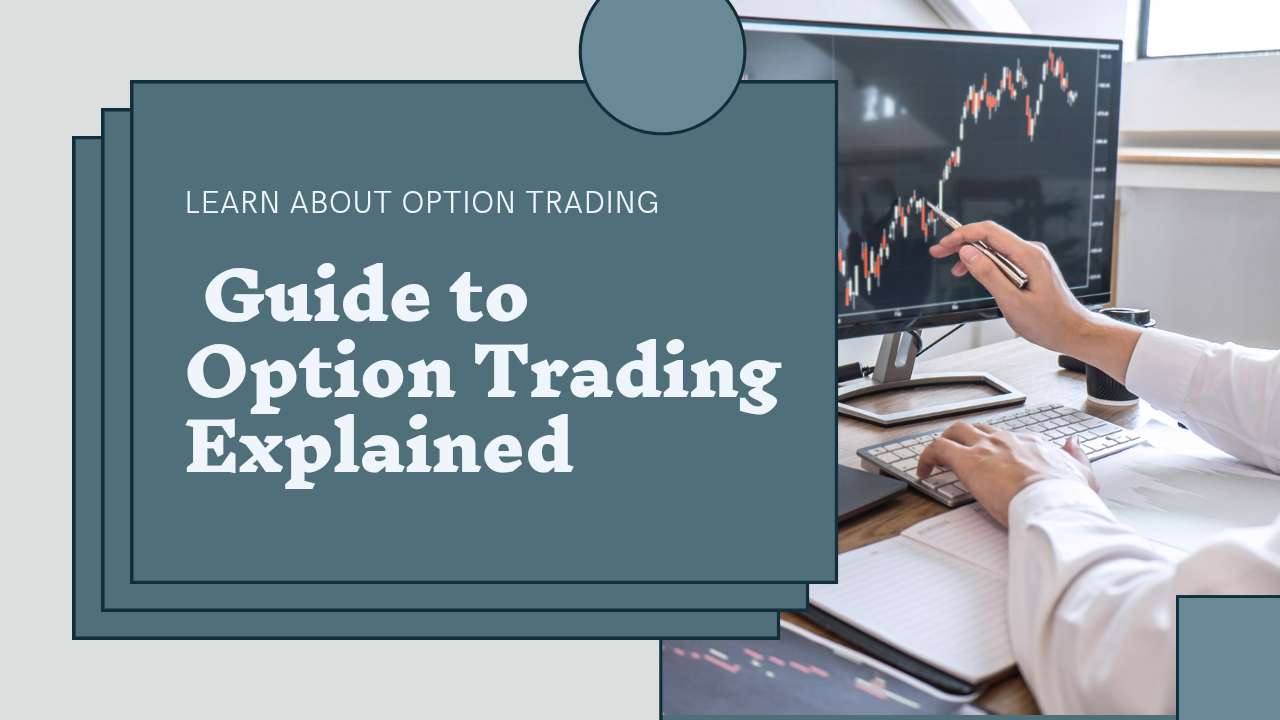Options Trading in Simple Terms if I’m familiar with buying and selling stocks.
Options trading is a financial strategy that allows traders to buy or sell a specific stock at a predetermined price within a set period. Here’s a straightforward breakdown:
- Call Options: This type of option enables traders to purchase a stock at a defined “strike price” before the option expires. Traders typically buy call options when they anticipate the stock price will exceed the strike price, aiming to either buy the stock at a lower cost or sell the option for profit if the stock price increases.
- Put Options: Conversely, put options allow traders to sell a stock at a set strike price before the option’s expiry. This strategy is useful when traders predict a decrease in the stock’s price, allowing them to sell at a higher rate despite market declines.
Essential Terms in Options Trading:
- Premium: The upfront cost paid by traders to acquire an option.
- Expiration Date: The final date by which the option must be exercised before it becomes void.
- Strike Price: The agreed-upon price for buying or selling the stock under the option contract.
Options are commonly used for hedging (minimizing investment risks), speculation (profiting from stock price movements), and income generation (through premium collection).
It’s important to note that options trading involves significant risks, including the potential loss of the entire investment if the market does not move favorably. Therefore, it is advisable for traders to thoroughly understand options before engaging in trading activities.

Comments are closed.